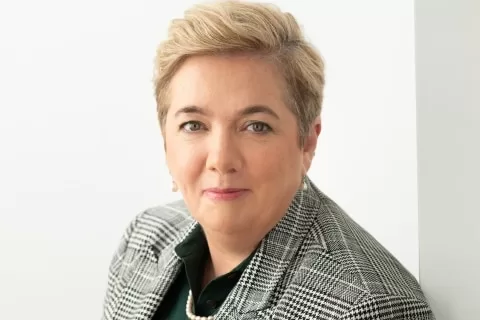- In short: The rate of GPs bulk-billing has increased by 2.1 per cent in the first two months since the federal government tripled the Medicare incentive.
- The increase has benefited regional Australians more than those in the cities.
- What’s next? The opposition is calling on the government to do more to fix workplace issues for GPs
Disadvantaged and regional areas have recorded among the highest increase in bulk-billed GP appointments since the government tripled the Medicare incentive in November, but for those who don’t qualify, the cost remains a significant barrier.
The Albanese government used its 2023-24 Budget to announce $3.5 billion to triple the bulk billing incentive for children under 16, pensioners and concession card holders.
The figures for the first two months of the policy, which took effect in November, show a 2.1 per cent increase in the rate of GP bulk billing – or an extra 360,000 GP appointments.
That’s just under 6,000 extra sessions per day for a population of more than 27 million.
Health Minister Mark Butler said regional areas had seen some of the highest number of additional bulk billed sessions.
“Most of those increases have been seen in regional Australia where it’s often particularly difficult to see a bulk-billed doctor,” he said.
“In areas like Tasmania, which had some of the lowest bulk billing rates in the country, we’ve seen an increase of almost six per cent; five per cent in regional VIC; [and] five per cent in the central coast of New South Wales, which also had low bulk billing rates.
“I hope this is the beginning of a real turnaround in bulk billing behaviour.”
Consumers Health Forum chief executive Elizabeth Deveny said anecdotally there had been a positive impact in regional Australia, but metropolitan areas were yet to benefit as much.
She also held concerns for those not eligible under the new scheme.
“I think generally Australians really value the idea of being able to see their GP and not having to put their hand in their pocket,” she said.
“And as the out-of-pocket costs increase, they are a deterrent.
“The danger of course is that people don’t get the healthcare they need when they need it.”
Dr Deveny said she had heard from patients who couldn’t afford to see a doctor in amongst the other cost-of-living pressures they were under.
“We hear from people who say ‘I just can’t afford my mortgage and my medication’ or ‘I can’t afford to the doctors and also take my kids so I take my kids and go without,'” she said.
“[Another] couple decided they couldn’t both afford to go to the doctors, but they were both unwell, so one went, had a consultation, got a medicine and then they shared the medicine and assumed they had the same problem.”
November’s tripling of the incentive did not change the gap fee patients have to pay, but rather made it more affordable for doctors to bulk bill.
For standard consultations, the incentive rose from about $6.85 to $20.65 in city areas and from $13.15 to $39.65 in remote locations.
Mr Butler said the change would have flow-on impacts for prices.
“Increasing those incentives as substantially as we did in our May budget, should also take more pressure off general practice, pressure that is driving gap fees up for those who aren’t covered by bulk billing incentive arrangements,” he said.
Australian Medical Association president Steve Robson said the data was encouraging.
“We do know from the claims that are made to Medicare that there has been, not only an arrest in the fall in bulk billing rates, but a slight increase, and this has really been quite noticeable in very disadvantaged areas; of course, what we all want is the most vulnerable and disadvantaged Australians who have health problems to have access to care,” he said.
But Shadow Health Minister Anne Ruston called on the government to do more to fix workforce issues too.
“We simply don’t have enough doctors, enough general practitioners, to be able to meet the demands of a community, which is why we are seeing an increase in fees,” she said.
Senator Ruston said the government needed to provide greater incentives to medical graduates to choose general practice as a speciality, fast track international doctors, and better incentivise already practising GPs to stay in their role and work as many hours as they’re able to.
